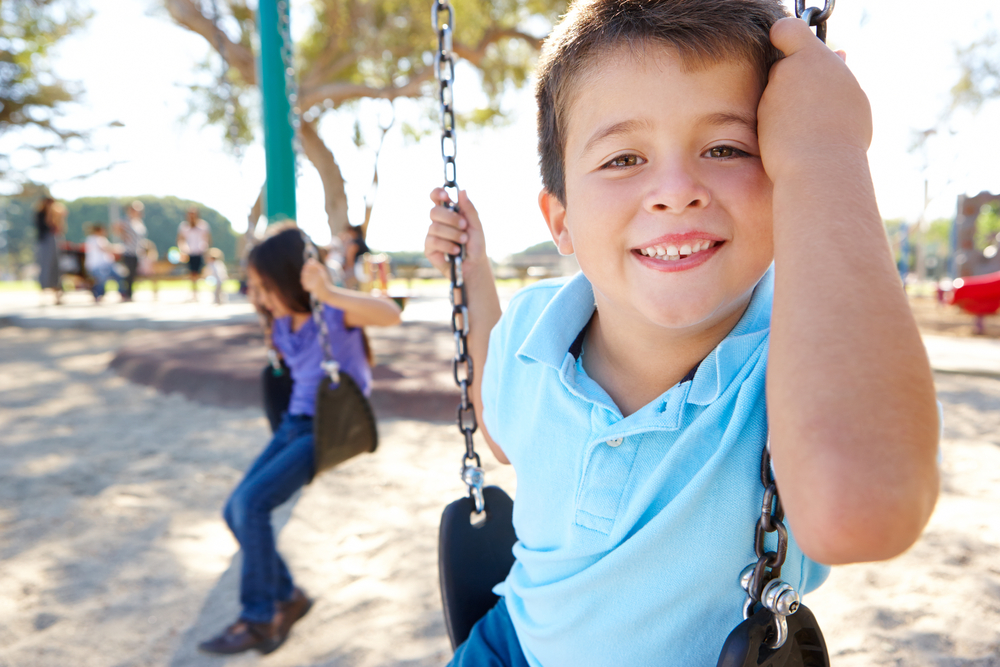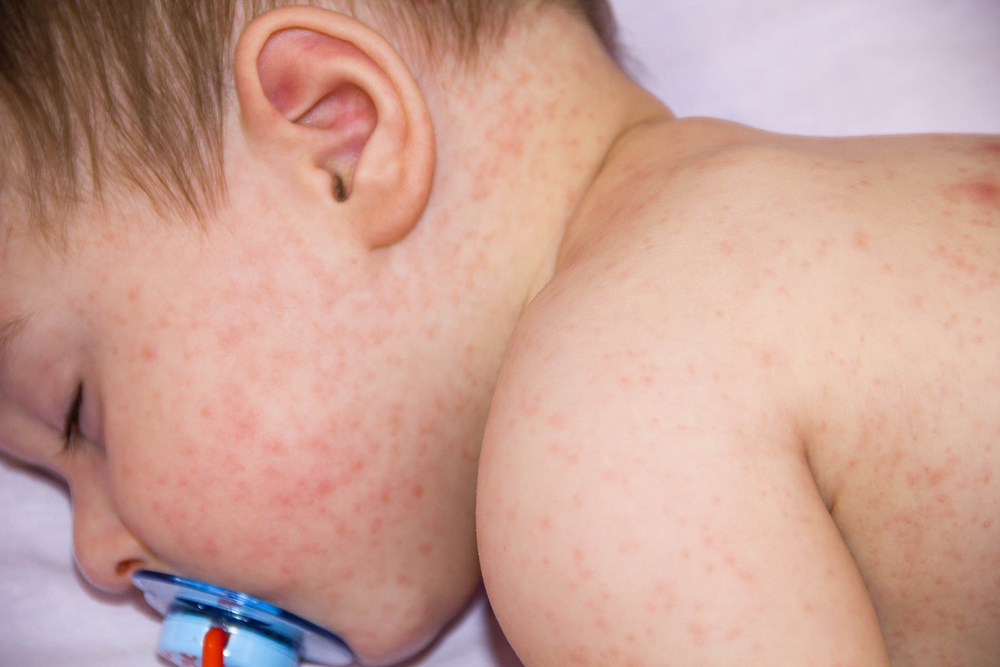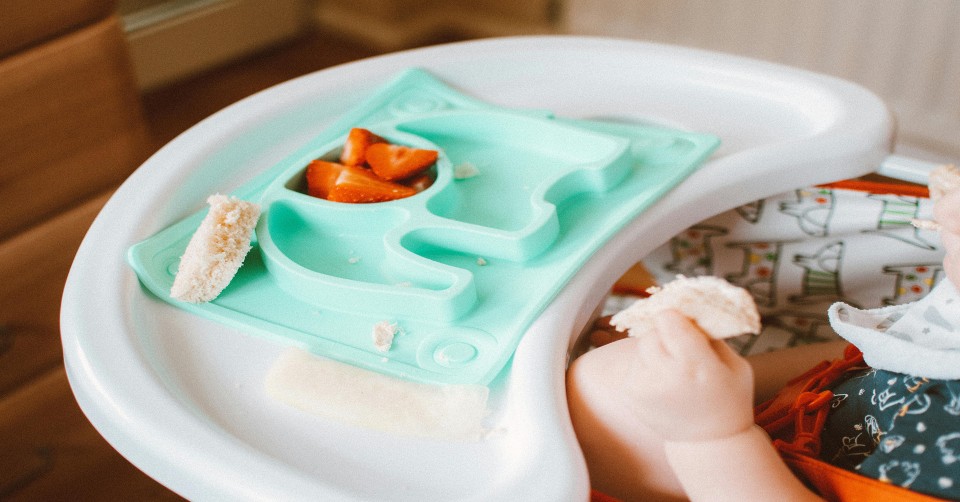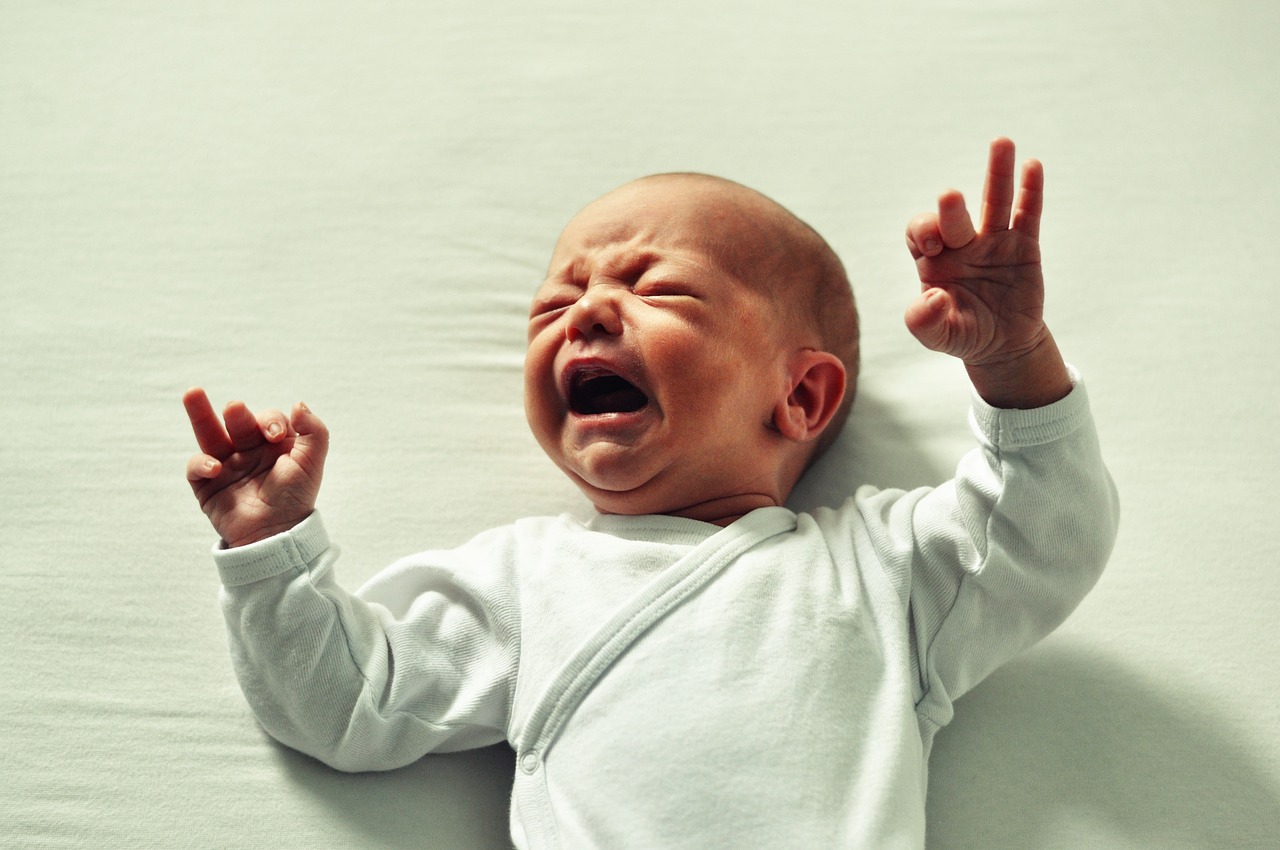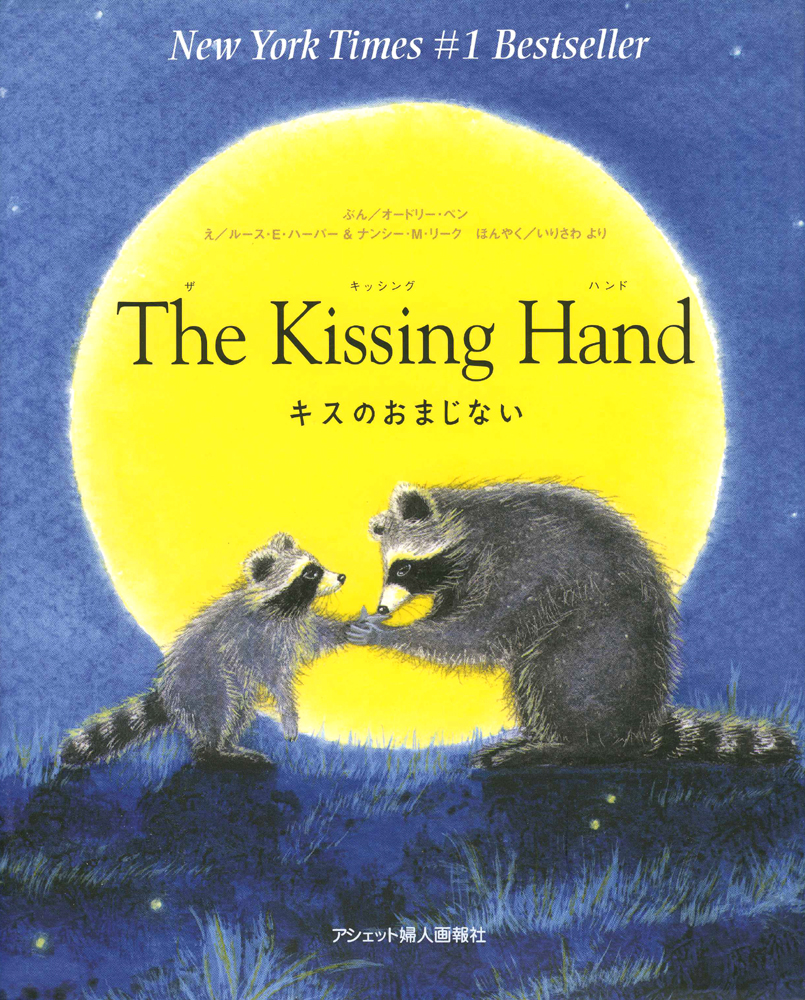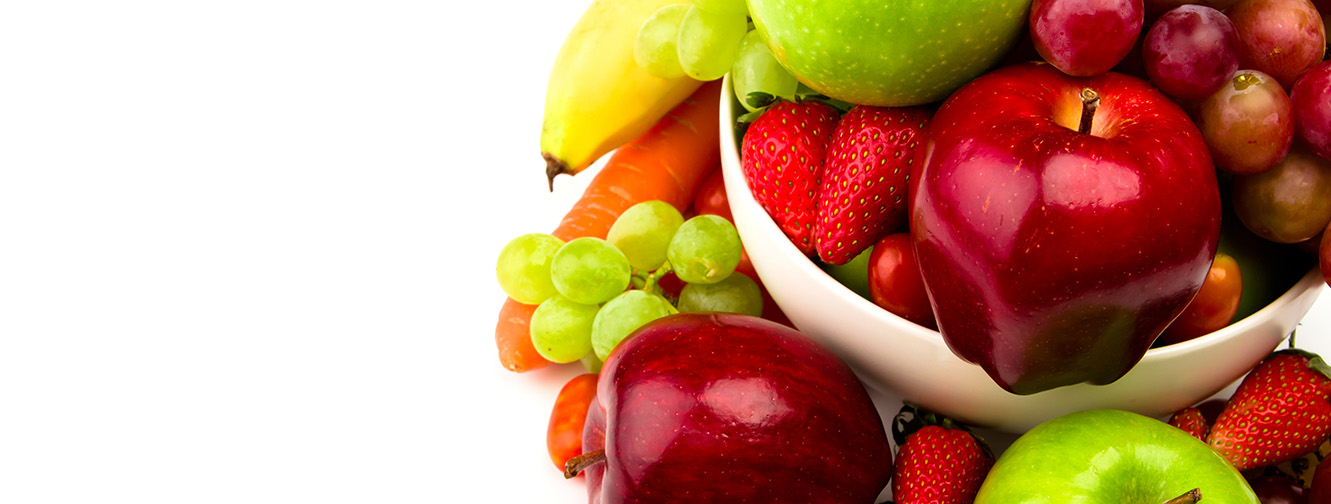Dental care
The importance of children's early dental care
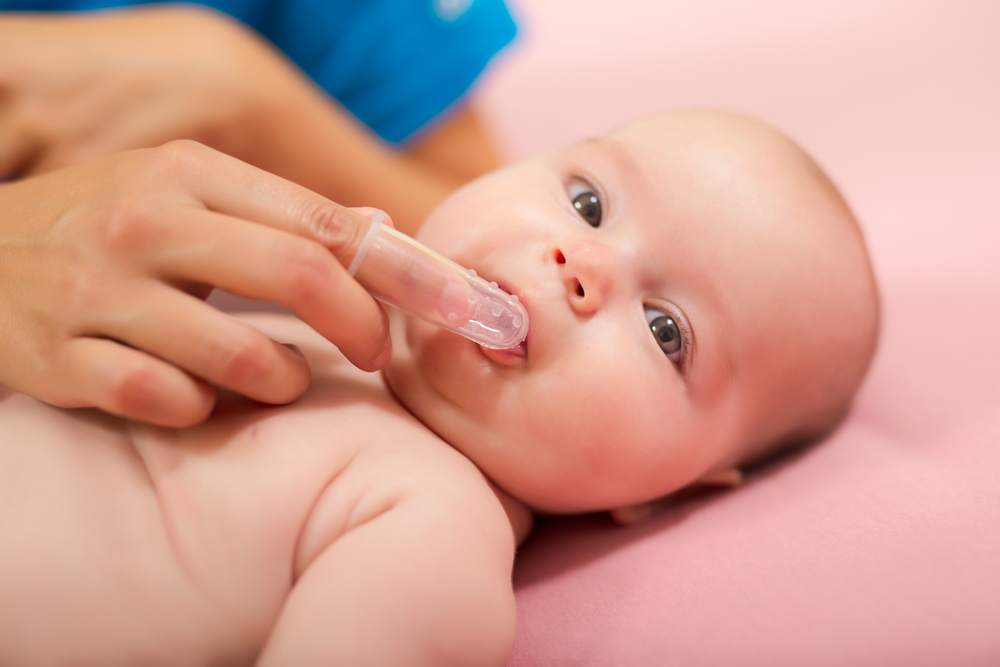
Early dental care is important for your child’s overall health and dental health. Healthy baby (primary) teeth help the child eat healthy, speak clearly, and are also important for a child’s self-image in front of his peers. Baby teeth are also important to guide permanent teeth into the proper position.
On average primary teeth start erupting at the age of 6 months till the age of approximately 3 years. They are 20 in total, 10 in the upper jaw and 10 in the lower jaw.
What do I do before my child’s teeth appear?
Dental care starts before your child’s teeth erupt and since birth it includes:
- Wiping your child’s mouth gently with a clean moist cloth or gauze after breastfeeding or drinking milk through the nursing bottle
- Avoid sharing toothbrushes, spoons, licking pacifiers to clean them or feeding your baby with a spoon that has been in your mouth.
- Avoid adding sugar to the milk or using sugary drinks or juice in the nursing bottle
- Avoid adding honey or sugar to the pacifier as this kind of behaviour causes early childhood caries.
It’s recommended that your child visits the dentist at the time between the appearance of the first tooth and his first year birthday, and every 6 months regularly. Your child's first dental visit is a good time to discuss daily dental care and eating habits.
What are early childhood caries?
Early childhood caries are the development of cavities in children from 6 months to 6 years of age. Once your child has teeth, they are at risk for tooth decay.
Dental caries is caused by the action of acids on the tooth surface. The acid is produced when sugars in foods or drinks react with bacteria present in the dental biofilm (plaque) on the tooth surface.
The following factors may contribute to early childhood tooth decay:
- frequent snacking (especially sticky or sugary foods).
- constant use of a baby bottle or sippy cup filled with sugary beverages such as juice or formula (especially at bedtime)
- not brushing your child's teeth constantly.
How can tooth decay be prevented?
- Practice good dental care
- Give up the bottle or sippy cup at bedtime
- Encourage your child to eat healthy food containing fruits and vegetables carbohydrates and protein and to reduce sugar in food and drinks.
What about pacifiers?
pacifiers are sometimes given to babies during rest, sleep times. Here are a few guiding tips:
- Choose the right size pacifier for your baby's mouth.
- Check the pacifier nipple often – throw it away if it is sticky, cracked or torn.
- Keep the pacifier clean.
- Avoid dipping the pacifier in honey or other sweet substances that can cause tooth decay.
- By age 1 or 2, if a pacifier is used, limit use to nap time or bedtime
Pacifiers are not recommended once all baby teeth have grown in, usually when your child is about 3 years old. After this age, regular use of a pacifier may affect the child's speech development.
Therefore, visiting your child’s dentist on a regular basis and as recommended will significantly decrease the chance of suffering from tooth decay and will allow your child to adopt healthy oral care habits from a very young age.



